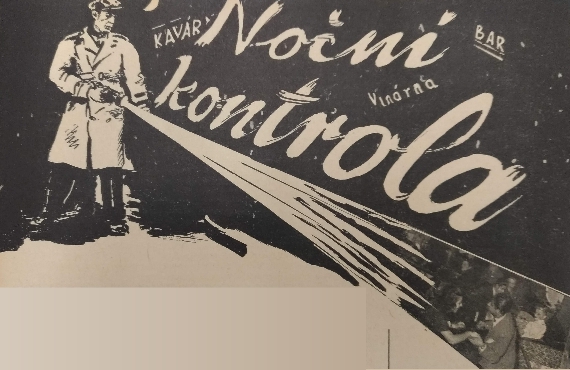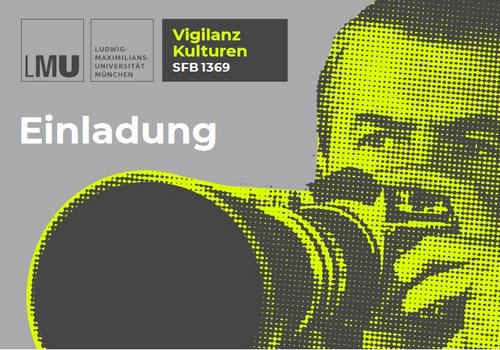
“Protectors of socialist morality”: prostitution and vigilance practices in Czechoslovakia (1945/48−1989)
SFB 1369 “Cultures of vigilance”: Transformations – Spaces – Practices, Project C 0
Duration: Juli 2019 − Juni 2023
Project management: Christiane Brenner
Officially there was no such thing as prostitution in Socialist Czechoslovakia. Yet the de facto existence of prostitution was an open secret from at the latest the 1960s onwards. Its existence was considered a shocking violation of norms in two respects: it violated the general duty to do “productive work” as well as breaching the sexual morals that prevailed at the time. It was thought that anyone guilty of such deviant behavior should not only be punished but also “corrected” through education. Experts, local institutions and ordinary citizens were called upon to assist “socialist morality” to prevail in this struggle and to reintegrate any such “deviant elements” back into society.
The research project examines the attention paid to prostitution as a long-denied phenomenon almost invisible to the public. While the first part of the study aims to examine legal, institutional and discursive developments as they related to prostitution over the entire period from 1945 to 1989, the second part reconstructs practices of vigilance at the time by way of a number of examples. Case studies based on contemporary sources are used to reconstruct how centrally controlled surveillance, the work of expert specialists and citizen participation combined in the effort to detect, control and sanction prostitution. One of the key questions explored in this context is the public perception of a phenomenon of prostitution that was either tolerated by the state or instrumentalized for political purposes.
The aim of the project is to clarify what contribution was made by vigilance on sexual morality to the internal coherence of the “socialist community.”
You can find more information at: https://www.sfb1369.uni-muenchen.de/index.html

